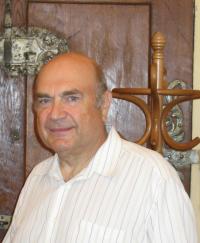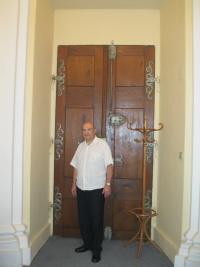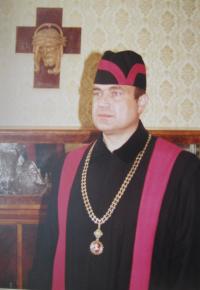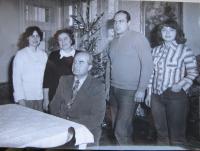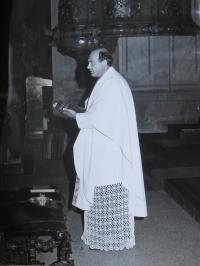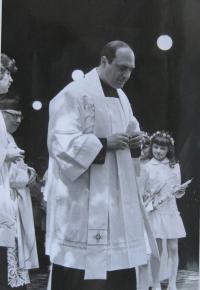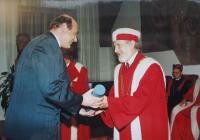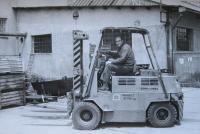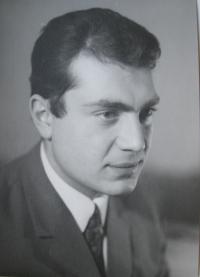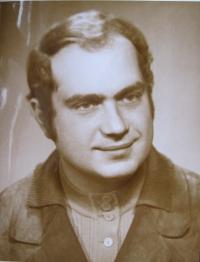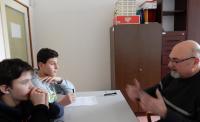The most closely watched show trial in Western Europe
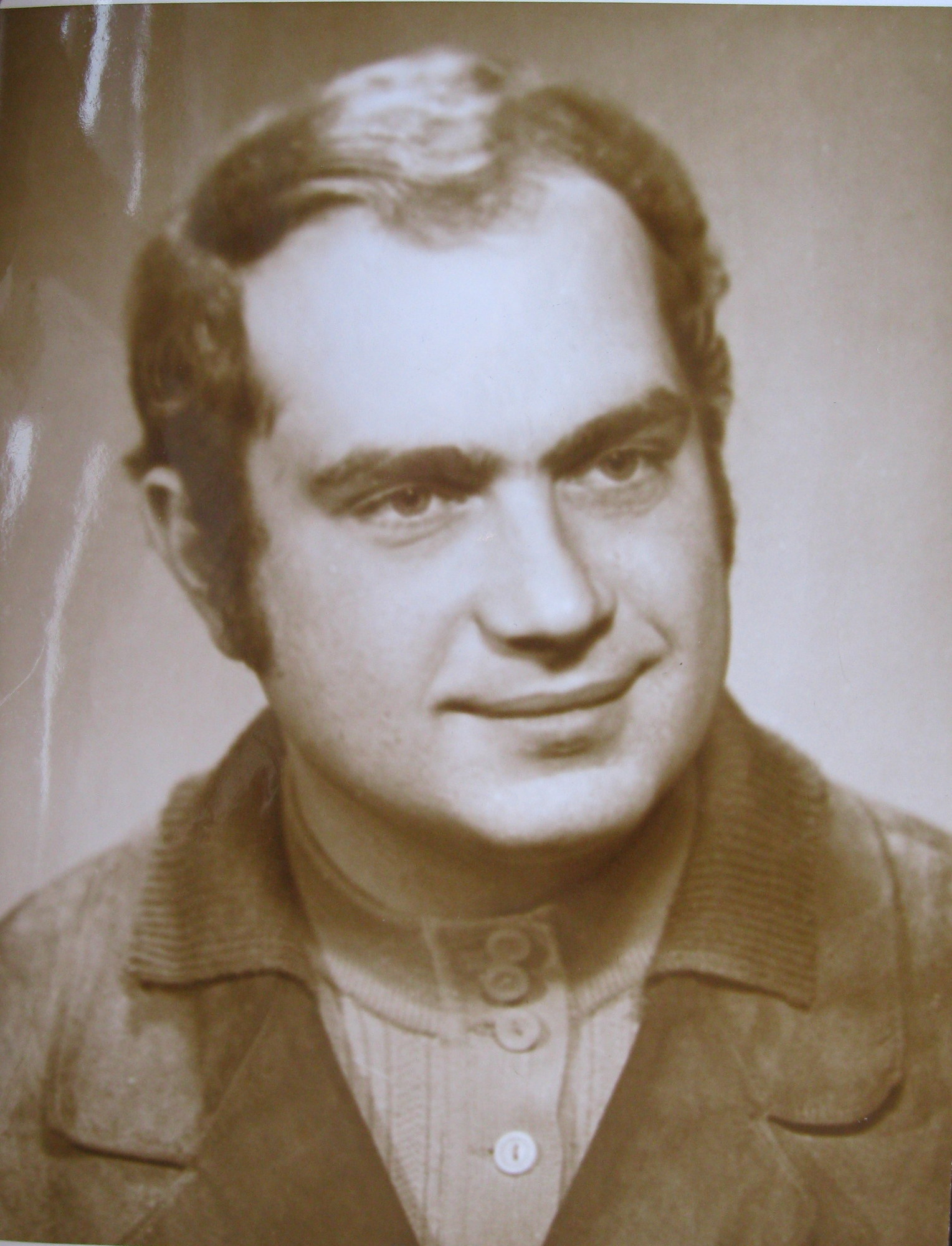
Download image
Doc. Dr. Rudolf Smahel, Th.D., was born in 1950 in Olomouc. He studied at the University of Economics in Prague, where he graduated in international trade in 1968. As a student, he frequently participated in student rallies and demonstrations against the occupation of Czechoslovakia by the Warsaw Pact forces. During this time, he made a lot of new friends and one of them was Jan Palach, who later burned himself in protest of the occupation. His friend’s heroic deed became the determining impulse for Rudolf to devote his life to God. Therefore he started to study theology at the Faculty of Theology in Olomouc, which was the last school of theology that the Communists didn’t close down. They eventually closed the school one year later. After he graduated from the school, he wasn’t given the state’s permission to become a priest because he was actively involved in religious life during his student years. He had to work in a workers’ professions for a couple of years. Starting in 1977, he and a couple of friends were reproducing and publishing censored publications by hand and passing them from reader to reader (samizdat) with the purpose of renewing the nation’s spirit. They published over 55 books, 100 - 200 copies of each title. In 1981, he was sentenced to two years in prison for his activities. As the case made it into western media, it was probably one of the most closely watched show trials in Western Europe in 1981. In May 1985, he was amnestied and given the state permission to become a priest. He served as a priest for three years in Budišín and later in Kvasice nearby Kroměříž. Today, he teaches at the Palacky University in Olomouc and he is also the director of the Department of Christian Education at the Faculty of Cyril and Metodej.
